Who are Certified Energy Auditors?
- Do you evaluate and analyze energy use in a facility, identify energy conservation opportunities, and make recommendations where consumption can be reduced or optimized?
- Are you an energy auditor looking to validate your experience and knowledge?
- Are you a consultant that specializes in energy efficiency upgrades to buildings and building systems?
- Do you conduct audits and assessments in government buildings and are required to work to the US Department of Energy’s Guide to Energy Audits?


What Does a CEA Do?
Energy Auditors undertake energy efficiency assessments of large buildings and industrial facilities. Their audits cover building systems, occupancy, operations, maintenance, and code compliance. An auditor aims to provide their client with detailed survey results, risk mitigation analysis, implementation plans, and a final investment-grade analysis. Many auditors work to predefined codes and standards, such as the ASHRAE Standard 211-2018 for Commercial Building Energy Audits.
Body of Knowledge
- Developing an Energy Audit Strategy & Plan
- Energy Use Analysis
- Data Collection & Analysis
- Economic Analysis
- Lighting Systems
- Heating, Ventilation & Air Conditioning Systems
- Domestic Hot Water Systems
- Motors & Drives & Compressed Air Systems
- Building Envelope
- BAS, PAS, and EMCS
- Alternative Generation & Storage
- Transport
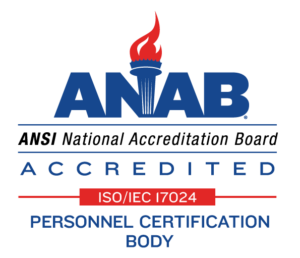
CEM® & CEA® are ANSI National Accreditation Board (ANAB) accredited
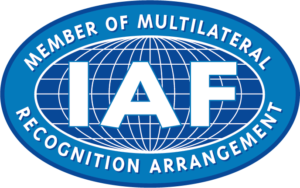
CEM® & CEA® are ANSI National Accreditation Board (ANAB) accredited
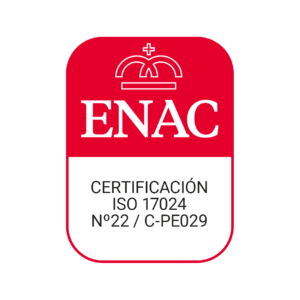
CEM® & CEA® are ISO IEC 17024 accredited by Entidad Nacional de Acreditación (ENAC) and ANSI National Accreditation Board
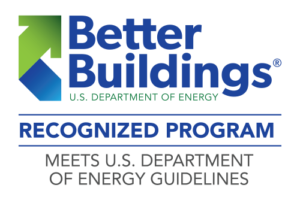
CEM® & CEA® are US Department of Energy, Better Buildings Workforce Guidelines recognized programs

The International CEM® & CEA® programs are recognized by the UK’s Energy Savings Opportunity Scheme (ESOS)

CEM® & CEA® are recognized for Ireland’s Energy Audit Scheme

CEM®, CMVP®, CEA® are required under United Arab Emirates ESCO accreditation scheme

CEM®, CMVP®, CEA® are required under United Arab Emirates ESCO accreditation scheme
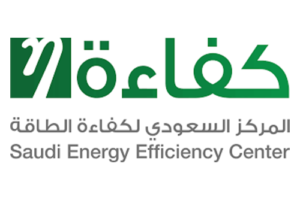
CEM®, CMVP®, CEA® are recognizedby the Saudi Energy Efficiency Center (SEEC)
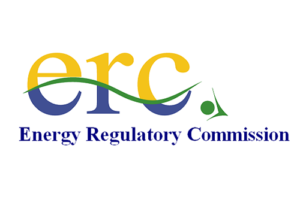
Kenya’s Energy Regulatory Commission requires a CEM® to obtain an Energy Auditor License



